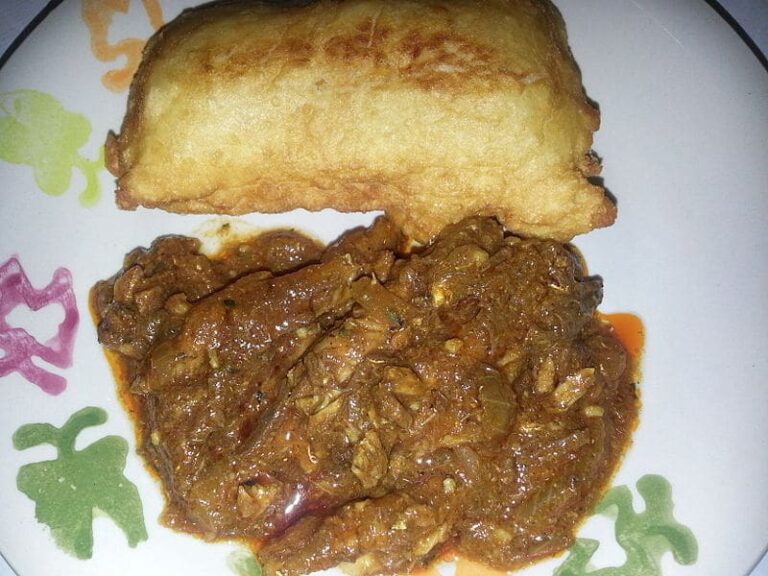Introduction: Understanding Botswana cuisine
Botswana, a landlocked country in Southern Africa, is popular for its diverse and flavorful cuisine. The cuisine is known for its indigenous ingredients, unique spices, and traditional cooking techniques. Botswana cuisine has been influenced by the local tribes and cultures that have lived in the country for generations. The cuisine is an essential part of Botswana’s cultural heritage and is a reflection of the country’s history and traditions.
History of Botswana cuisine and its cultural influences
Botswana cuisine has a rich history that dates back to the pre-colonial era. The cuisine is a fusion of the indigenous Batwana tribe’s food with the food of other tribes that migrated into the country. Over the years, the cuisine has been influenced by the San people, who are known for their hunter-gatherer lifestyle, and the Herero people who migrated into Botswana from Namibia. The cuisine has also been influenced by the European settlers who arrived in the country during the colonial period. The Portuguese introduced chili peppers to the cuisine, while the English introduced tea and other foods.
The role of local tribes in shaping Botswana cuisine
Local tribes have played a significant role in shaping Botswana cuisine. The Batwana people, who are the largest ethnic group in Botswana, have had a significant influence on the cuisine. Their food is characterized by the use of sorghum, maize, millet, beans, and vegetables. The San people, who are known for their hunter-gatherer lifestyle, have introduced the use of wild fruits, tubers, and game meat to the cuisine. The Herero people, who migrated into Botswana from Namibia, have introduced the use of beef and dairy products to the cuisine.
Indigenous ingredients and their significance in Botswana cuisine
Indigenous ingredients are a significant part of Botswana cuisine. The cuisine is known for its use of sorghum, maize, millet, and beans. These ingredients are used to make porridge, which is a staple food in Botswana. Other indigenous ingredients used in the cuisine include wild fruits, tubers, and game meat. These ingredients are significant as they are readily available in the country and are a reflection of the country’s biodiversity.
Traditional cooking techniques and their preservation
Traditional cooking techniques are an essential part of Botswana cuisine. The cuisine is known for its use of open fire cooking, which is used to prepare meat and vegetables. The cooking technique is significant as it adds flavor to the food and is a reflection of the country’s traditional way of life. The preservation of traditional cooking techniques is important as it ensures that the cuisine’s authenticity is maintained.
Regional variations in Botswana cuisine
Botswana cuisine has regional variations that are influenced by the local tribes and cultures. The cuisine in the southern part of Botswana is characterized by the use of maize, sorghum, and beans. The cuisine in the northern part of the country is characterized by the use of wild fruits, tubers, and game meat. The regional variations in cuisine are significant as they highlight the diversity of the country’s culture.
Contemporary Botswana cuisine and fusion with other cuisines
Contemporary Botswana cuisine has been influenced by other cuisines, such as European, Indian, and Chinese cuisine. Fusion cuisine is becoming popular in Botswana, and chefs are experimenting with different ingredients and cooking techniques. The fusion of cuisines is significant as it highlights the country’s openness to other cultures and its willingness to experiment with new ideas.
Conclusion: Appreciating the diversity of Botswana cuisine
Botswana cuisine is a reflection of the country’s history, traditions, and cultural diversity. The cuisine is known for its indigenous ingredients, unique spices, and traditional cooking techniques. The cuisine’s authenticity is maintained through the preservation of traditional cooking techniques, while the fusion of cuisines highlights the country’s openness to other cultures. Botswana cuisine is a testament to the country’s rich cultural heritage, and it is essential to appreciate its diversity.

